Mozambique: Theatre of the Oppressed workshop in Mecula for displaced persons and host communities
Mozambique: Home isolation order will see thousands going hungry-NGO
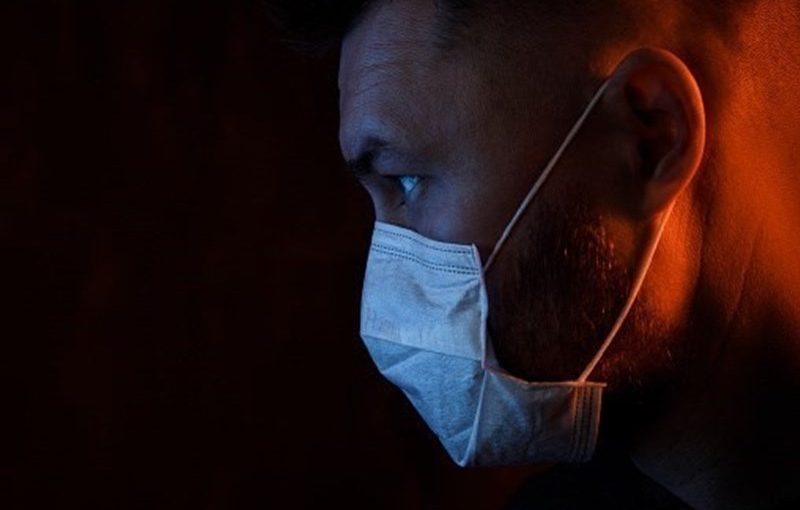
FILE - For illustration purposes only. [File photo: Correio da Manhã Mz]
The Centre for Democracy and Development (CDD), a Mozambican NGO, believes thousands of families will go hungry if there is a home confinement measure to prevent the spread of the new coronavirus.
The Mozambican State Council advised the President of the Republic, Filipe Nyusi, on Friday to declare a state of emergency in the face of the threat of the new coronavirus spreading, at a time when there are eight official cases in the country without deaths.
The CDD pointed out that if this happens, and forces people to stay at home, the survival of millions of Mozambicans who depend on the informal economy will be jeopardised.
“To impose on these families [who depend on the informal economy] the obligation to remain at home, that is, without going out on the streets to seek survival, means condemning them to spend days of hunger,” the NGO stressed.
Thousands of people need to do daily work, especially in street selling, fishing and survival agriculture to guarantee at least one meal a day.
At stake is the life of families with daily incomes far from sufficient to guarantee food and other expenses such as electricity and water for two days.
The CDD said the President of the Republic should consider all the negative consequences that may result from the declaration of a state of emergency, especially for families with low income.
At the first stage, the state of emergency should focus on non-essential activities and services in times of crisis, such as restaurants, bars and alcohol stalls.
“These services constitute a risk of spreading the disease due to the high concentration of people. It is true that there are families whose survival depends on the sale of meals and alcohol, but the CDD understands this measure would be the least harmful at this time”.
The CDD also noted that the eight positive cases that Mozambique had until Sunday still do not justify a total lockdown, as in South Africa.
The NGO advocated the creation of a “family grant” for low-income households, which “have no savings or food reserves for longer periods” and warned that without an alternative income, the most disadvantaged families are unlikely to be forced into eventual confinement.
For its part, the Centre for Public Integrity (CIP), a Mozambican civil society organisation, advocated the delivery of a basic food basket to informal workers not registered with social security, in the short term, and their inclusion in the list of beneficiaries of the institute of social action, in the medium term, with a view to granting a survival subsidy.
Isolamento para mitigar COVID-19 no meio da pobreza: Propostas de alternativas para Moçambique
– É fundamental investir mais na protecção social das camadas mais desfavorecidas. Leia o texto na integra:https://t.co/m04MDFWU33— CIP-Mozambique (@CIPMoz) March 30, 2020
“In order for them to be isolated, it is urgent to guarantee their income security. The informal sector is vast and requires a differentiated strategy,” stressed a CIP analysis of a possible confinement.
The organisation noted that about 88 percent of the economically active population in Mozambique works in the informal sector, including subsistence agriculture.
“Applying social isolation measures to contain the spread of coronavirus without taking this reality into account would not have the desired effects,” said the CIP.


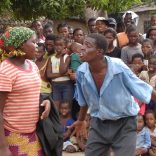
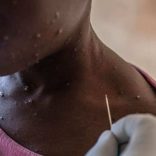
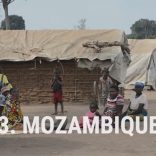

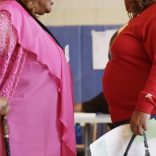





Leave a Reply
Be the First to Comment!
You must be logged in to post a comment.
You must be logged in to post a comment.